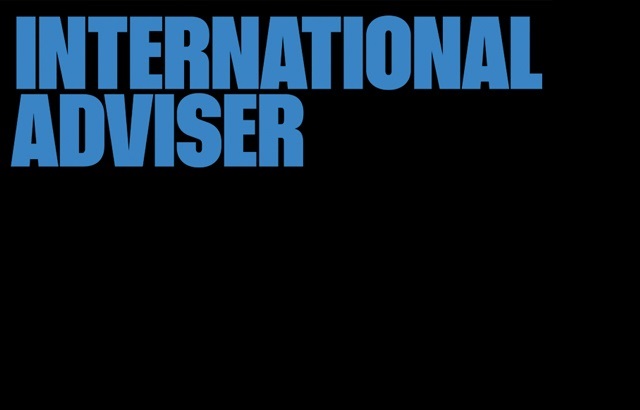When I first arrived in Dubai in 2002, the property market was just opening up to non-residents, and I was one of the first tenants in The Greens, with uninterrupted views at that time to the Burj al Arab.
The real eye-opener for me was the negative reputation financial advisers had in the region.
Fresh off the boat, I was proud of my profession and shocked at how badly we were regarded. I soon found out why. The IFA business in Dubai was already overcrowded, with hundreds of young salesmen chasing high commissions from the unsuspecting public, and no real monitoring of the market.
Setting up Forth Capital in such a cutthroat market with limited resources was a non-starter, and leaving Dubai was a difficult decision but the correct one. I moved to Geneva, vowing to return with the resources in place to do things properly.
Ten years on and we are back, after the successful launch of our Hong Kong operation, with an office in the Dubai International Finance Centre (DIFC).
Playing by the rules
The UAE is unique for running advisory services. There are four regulators here:
- The Insurance Authority (IA). Many of our peers that entered this space some time ago selected a licence with the IA.The IA has had a moratorium on new licences since 2008, and the newly released restrictions makes it an extremely imposing and expensive option.
- The Securities and Commodities Authority (SCA). Many of our peers have selected this option and have either transferred their IA licence to the SCA or newer entrants have simply started with the SCA.
- The Central Bank of the UAE is a regulator here. However, you would only seek a licence there if you were a tier-1 bank offering retail banking services.
- The Dubai Financial Services Authority (DFSA) regulates the free zone of the DIFC. This regulator is pretty tough, run mainly by expats from the UK or Australia, and similar to the British Financial Conduct Authority. We have selected this as our preferred option for regulation in the area.
Checks and balances
The application process was labour intensive and thorough, taking almost 12 months to complete. To ensure our success we worked closely with a compliance consultant with vast experience of working directly with the DFSA.
The application requires our organisation to cover some key requisites, namely evidencing a healthy working capital, robust and risk-averse governance, suitable partnerships with auditors, accountancy firms and, most importantly, sufficiently skilled individuals.
Forth Capital is fortunate enough to be in a position to undertake this type of venture, and we recruited a talented team and relocated them to Dubai to execute it.
A thorough check of our key people and shareholders took place, with money laundering a key issue. All company funding had to be accounted for and the wealth of our owners proved, as well as police checks and a thorough examination of relevant experience.
Audited accounts for all groups companies were examined where required and nothing was left unchecked. We also had to show we had the working capital in place to support our ambitions, and explain how our committees worked, what checks and balance were in place and how we protected our clients as well as our own employees.
Target market
Regarding our business model, we had to show how our advisers would be remunerated, how we would acquire our clients and where our revenues would come from. Our target clients are professional individuals and we had to demonstrate the offering for such clients, including details of fees charged, commissions taken, if any, and services provided.
Offering a service to the professional market falls in with our wider strategic objective of evolving our service.
We can see how an international adviser who sponsors innovation and client service can make a difference in this market, and we plan to disrupt the status quo by offering a new type of service, which, in turn, improves the market.








